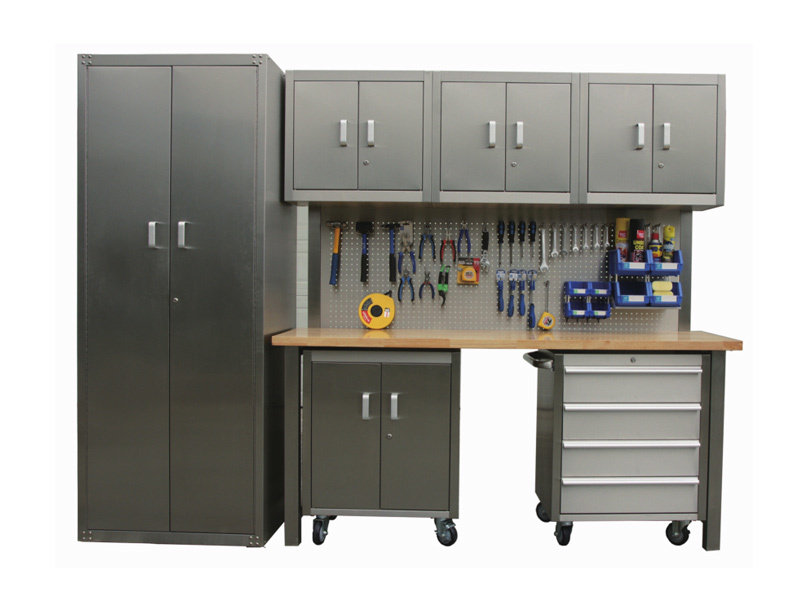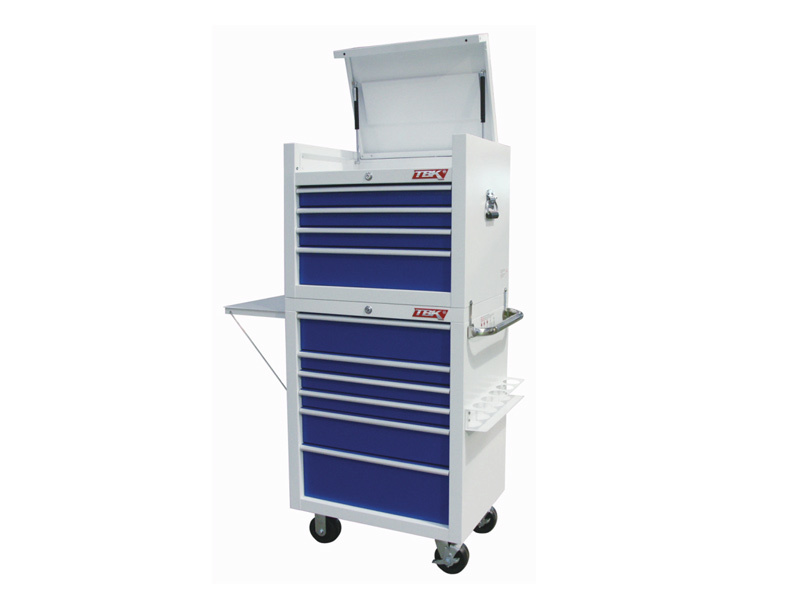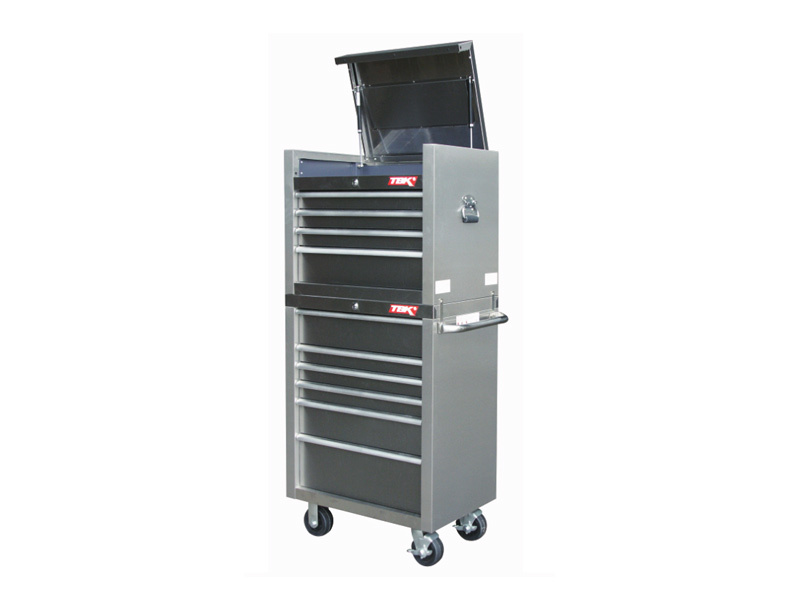Understanding the Importance of Tool Tables in Machining Operations
Release time:
May 10,2025
In the realm of manufacturing and machining, the term "tool table" refers to an essential component that plays a pivotal role in the setup and organization of tools used in various operations. A tool table serves as a structured platform where tools, fixtures, and accessories can be systematically arranged, thus improving workflow and efficiency in a machining environment. One of the primary benef

In the realm of manufacturing and machining, the term "tool table" refers to an essential component that plays a pivotal role in the setup and organization of tools used in various operations. A tool table serves as a structured platform where tools, fixtures, and accessories can be systematically arranged, thus improving workflow and efficiency in a machining environment.
One of the primary benefits of a tool table is its ability to enhance productivity. By providing a dedicated workspace for tools, operators can quickly access the required equipment, reducing downtime during machining processes. This organized arrangement minimizes the chances of misplacing tools, which can often lead to delays and increased operational costs. In essence, a well-maintained tool table optimizes the time spent on setup and maintenance, allowing machinists to focus more on their core tasks.
Moreover, tool tables can be customized to fit specific machining needs. Manufacturers can design tool tables that accommodate various tools, from cutting tools to measuring instruments, ensuring that everything needed for a job is within arm's reach. This flexibility is particularly advantageous in a dynamic manufacturing environment where different projects may require different tools and setups.
Another significant advantage of using tool tables is the improvement in safety measures. By organizing tools properly and ensuring that workspaces are clutter-free, the risk of accidents in the workshop can be significantly reduced. An organized tool table allows operators to work more confidently and efficiently, knowing that they have a clear and safe working environment.
Tool tables also facilitate better communication and collaboration among team members. When tools are organized and easily accessible, it fosters a culture of teamwork. Operators can quickly share tools or information without unnecessary delays, which is essential in high-paced manufacturing settings. This collaborative atmosphere not only enhances productivity but also promotes a sense of shared responsibility for maintaining equipment and workspace.
In addition, tool tables can be equipped with features such as drawers for storing smaller tools, magnetic strips for securing metal instruments, and even integrated lighting for improved visibility. These enhancements further contribute to the overall efficiency and usability of the workspace.
In conclusion, the importance of tool tables in the manufacturing and machining industry cannot be overstated. They not only streamline operations by providing an organized space for tools but also improve safety, foster collaboration, and enhance productivity. Investing in a well-designed tool table is a step towards optimizing machining processes and ensuring that operators can perform at their best. Whether you are setting up a new workshop or looking to upgrade your current setup, considering the role of a tool table can lead to significant improvements in your operational efficiency.
More information




